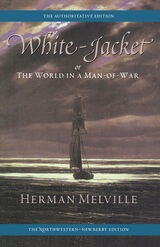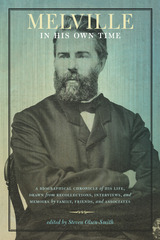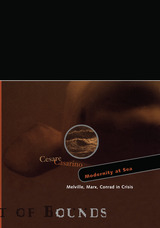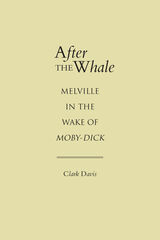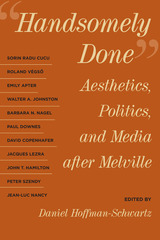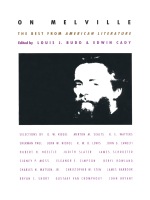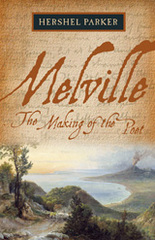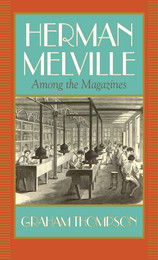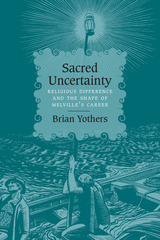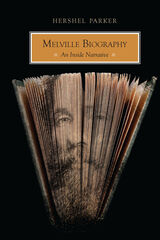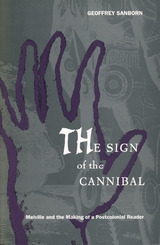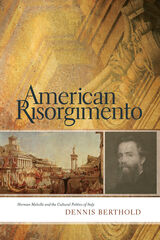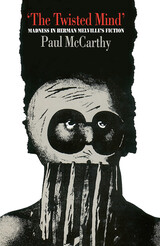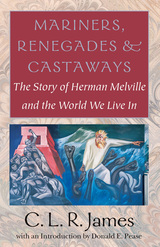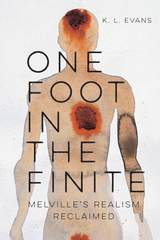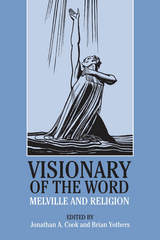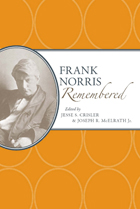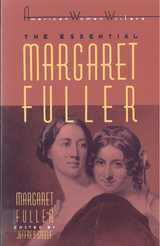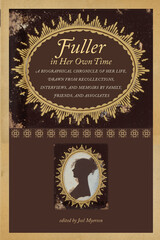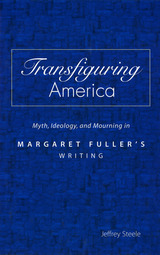The Sign of the Cannibal: Melville and the Making of a Postcolonial Reader
Duke University Press, 1998
Cloth: 978-0-8223-2102-6 | Paper: 978-0-8223-2118-7
Library of Congress Classification PS2388.I45S26 1998
Dewey Decimal Classification 813.3
Cloth: 978-0-8223-2102-6 | Paper: 978-0-8223-2118-7
Library of Congress Classification PS2388.I45S26 1998
Dewey Decimal Classification 813.3
ABOUT THIS BOOK | AUTHOR BIOGRAPHY | REVIEWS
ABOUT THIS BOOK
In The Sign of the Cannibal Geoffrey Sanborn offers a major reassessment of the work of Herman Melville, a definitive history of the post-Enlightenment discourse on cannibalism, and a provocative contribution to postcolonial theory. These investigations not only explore mid–nineteenth century resistance to the colonial enterprise but argue that Melville, using the discourse on cannibalism to critique colonialism, contributed to the production of resistance.
Sanborn focuses on the representations of cannibalism in three of Melville’s key texts—Typee, Moby-Dick, and “Benito Cereno.” Drawing on accounts of Pacific voyages from two centuries and virtually the entire corpus of the post-Enlightenment discourse on cannibalism, he shows how Melville used his narratives to work through the ways in which cannibalism had been understood. In so doing, argues Sanborn, Melville sought to move his readers through stages of possible responses to the phenomenon in order to lead them to consider alternatives to established assumptions and conventions—to understand that in the savage they see primarily their own fear and fascination. Melville thus becomes a narrator of the postcolonial encounter as he uncovers the dynamic of dread and menace that marks the Western construction of the “non-savage” human.
Extending the work of Slavoj Zizek and Homi Bhabha while providing significant new insights into the work of Melville, The Sign of the Cannibal represents a breakthrough for students and scholars of postcolonial theory, American literary history, critical anthropology, race, and masculinity.
Sanborn focuses on the representations of cannibalism in three of Melville’s key texts—Typee, Moby-Dick, and “Benito Cereno.” Drawing on accounts of Pacific voyages from two centuries and virtually the entire corpus of the post-Enlightenment discourse on cannibalism, he shows how Melville used his narratives to work through the ways in which cannibalism had been understood. In so doing, argues Sanborn, Melville sought to move his readers through stages of possible responses to the phenomenon in order to lead them to consider alternatives to established assumptions and conventions—to understand that in the savage they see primarily their own fear and fascination. Melville thus becomes a narrator of the postcolonial encounter as he uncovers the dynamic of dread and menace that marks the Western construction of the “non-savage” human.
Extending the work of Slavoj Zizek and Homi Bhabha while providing significant new insights into the work of Melville, The Sign of the Cannibal represents a breakthrough for students and scholars of postcolonial theory, American literary history, critical anthropology, race, and masculinity.
See other books on: Books and reading | Imperialism in literature | Melville, Herman | Postcolonialism | Postcolonialism in literature
See other titles from Duke University Press


